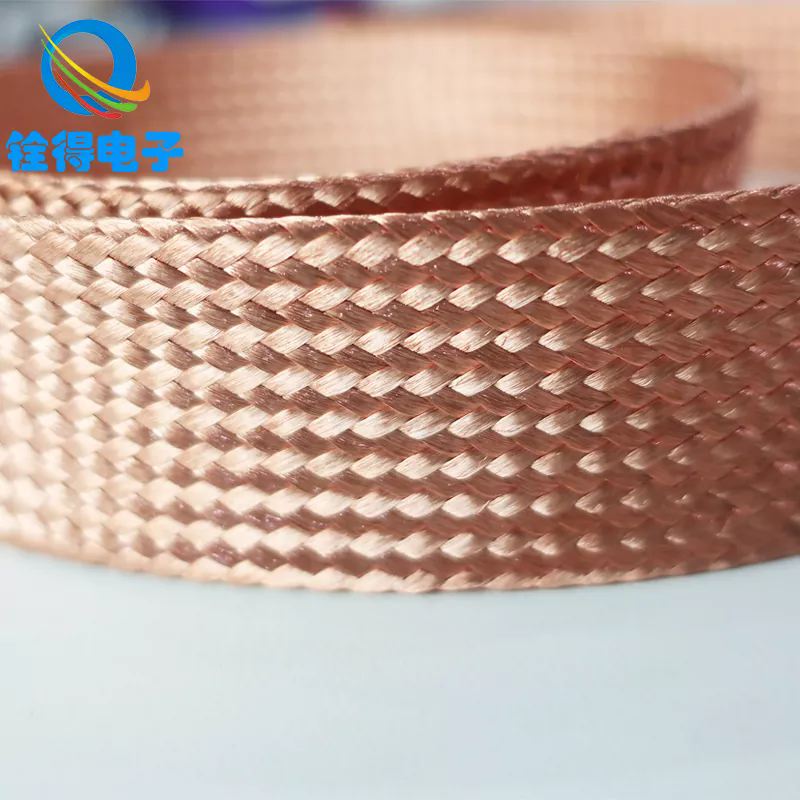A Guide to Copper Braided Wires: Features and Applications
2025-02-06
Copper braided wires are widely used in electrical and industrial applications due to their excellent conductivity, flexibility, and durability. These wires are made by weaving multiple strands of copper together, forming a strong and flexible structure. They are essential in power distribution, grounding systems, and electrical connections in various industries.
What Are Copper Braided Wires
Copper braided wires consist of thin copper strands woven together to create a flexible and highly conductive wire. They come in different configurations, such as flat, round, or tubular braids, depending on the specific application.
Key Features of Copper Braided Wires
High Conductivity Copper is known for its excellent electrical conductivity, making these wires ideal for efficient power transmission
Flexibility The braided structure allows for easy bending and movement, making them suitable for dynamic applications
Durability Copper braided wires are resistant to wear and tear, ensuring long-lasting performance
Corrosion Resistance Many copper braided wires are coated or tinned to enhance their resistance to oxidation and corrosion
Thermal Stability They can withstand high temperatures, making them suitable for demanding environments
Common Applications of Copper Braided Wires
Electrical Grounding
Copper braided wires are widely used in grounding systems to provide a reliable connection to the earth, reducing electrical faults and ensuring safety in power installations
Power Distribution
They are used in power transmission and distribution systems to ensure stable and efficient electrical connections, especially in high-current applications
Automotive and Aerospace Industries
Due to their flexibility and durability, copper braided wires are used in vehicle wiring, battery connections, and shielding against electromagnetic interference
Industrial Machinery
These wires are commonly found in heavy machinery and equipment, where flexible connections are needed to absorb vibrations and movement
Shielding and Protection
Copper braids are often used as shielding in cables and electrical components to prevent electromagnetic interference and improve signal transmission
How to Choose the Right Copper Braided Wire
When selecting copper braided wires, consider the following factors
Size and Cross-Section The thickness of the wire affects its current-carrying capacity
Material Coating Tinned copper provides better corrosion resistance compared to bare copper
Flexibility Needs Choose a braid design that suits the movement and flexibility requirements of your application
Operating Environment Ensure the wire can withstand the required temperature and environmental conditions
Conclusion
Copper braided wires play a crucial role in various electrical and industrial applications. Their combination of flexibility, conductivity, and durability makes them an ideal choice for grounding, shielding, and power distribution. Choosing the right type of copper braided wire ensures efficient performance and long-lasting reliability in any system.
Understanding their benefits and applications helps in selecting the best option for your specific needs. Whether used in electrical grounding, industrial equipment, or automotive wiring, copper braided wires provide a reliable and efficient solution for multiple industries.



